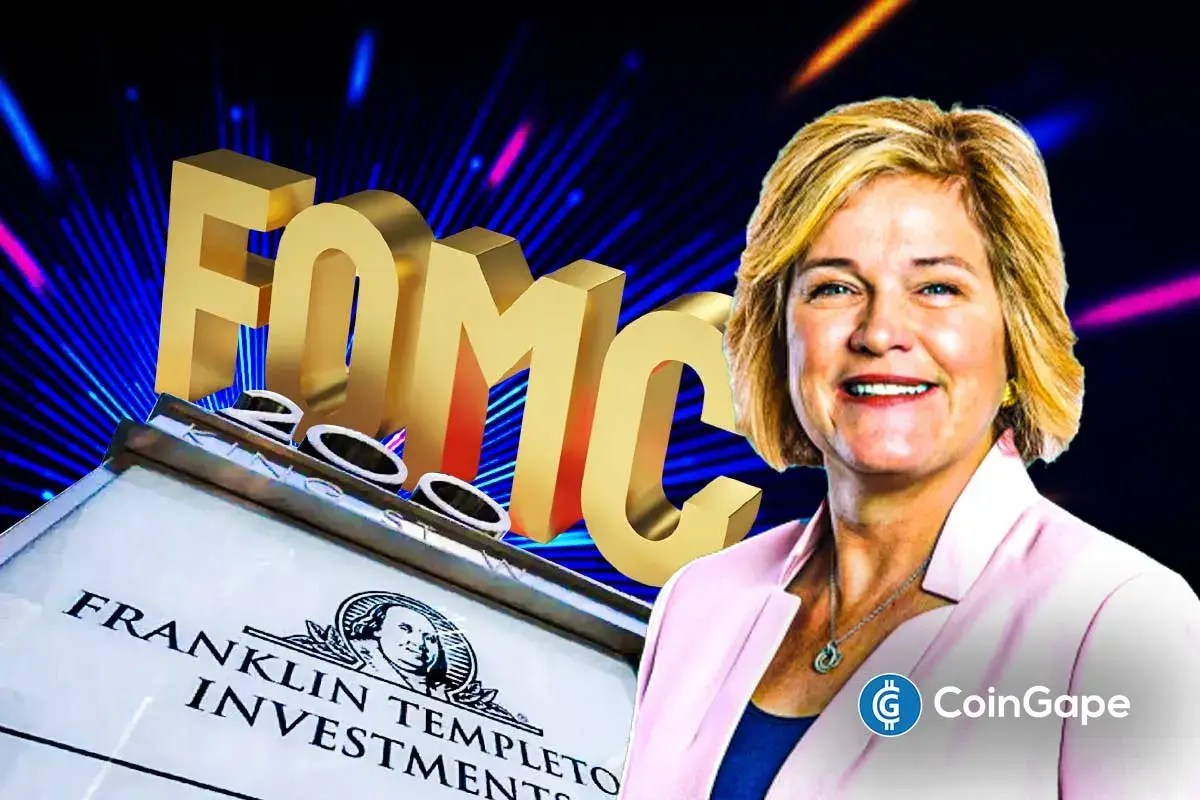Vietnam’s Prime Minister Pham Minh Chinh has issued a directive to relevant ministries to accelerate attempts at digital transformation across key sectors of the economy.
Chinh gave the order during the fourth iteration of the Government’s Steering Committee for Science and Technology Development, Innovation, Digital Transformation, and Project 06. Chaired by the Prime Minister, the directive also mandates agencies and various tiers of government to introduce digitization initiatives.
Chinh urged relevant authorities to begin their approach with the launch of a modern infrastructure for emerging technologies. Apart from being modern, the Prime Minister underscored the importance of a shared and interoperable infrastructure as the backbone for Vietnam’s digitization.
Chinh highlighted the need for adequate personnel to operate the incoming ultra-modern infrastructure to power the national digitization efforts. To put things in motion, Chinh’s directive urged the launch of a “digital literacy for all” campaign to deepen the local talent pool for emerging technologies.
Municipal and regional governments are expected to launch learning initiatives for blockchain technology and artificial intelligence (AI). While the lowest-hanging fruit will be free online courses for residents, there are whispers of ambitious plans to integrate learning modules across all levels of the educational system.
The new learning initiatives will support a national portal for science and technology, with the government making keen progress with a technology exchange program with its trade partners.
Chinh also directed relevant ministries and agencies to proceed with a plan to finalize a legal framework for digital transformation, innovation, science, and technology. The Prime Minister noted that specific attention should be given to bills that promote people-focused policies and local innovation.
Already, the Southeast Asian country has passed a bill into law to legalize digital assets. The National Assembly has rolled out laws to accelerate digital transformation, but critics say the multiplicity of rules lacks the cohesion to drive sustained innovation.
Raking in early wins from digitization efforts
Barely one year since Vietnam’s ruling party made a call for digital transformation, the country is reaping rewards from the pivot. Cashless transactions have surged by nearly 40% in under a year, driven by sweeping changes to the local financial ecosystem.
There are plans to build on the early wins to establish an international financial center in Da Nang, while digital ID adoption has spiked since the start of the year. Furthermore, emerging technology use cases have soared in recent months, with the launch of the blockchain-based NDAChain deployed to combat fake goods and streamline manufacturing processes.
Back to the top ↑
Japan set to phase out paper textbooks with digital system by 2030
Japan has unveiled plans to ditch traditional paper textbooks in schools by the end of the decade as part of efforts to digitize the country’s education system.
According to an announcement by the Central Education Council, the new policy will see students use digital textbooks in Japan’s primary schools. Per the announcement, schools will adopt a combination of digital textbooks and traditional paper textbooks during the 2025/2026 academic year to smooth the adoption curve.
The combined use of both systems is intended to expand students’ options and facilitate learning that reflects the society’s digital nature. Furthermore, education authorities in Japan disclosed that the pivot is required to integrate interactive and creative teaching methods for primary school students.
Under the new system, digital textbooks will be made available through QR codes, and students in elementary and junior high schools will receive tablets via the GIGA School Program. The digital textbooks will have audio and video learning materials with the playback functionality tipped for sky-high adoption in English classes.
By the end of the decade, the Central Education Council disclosed that digital textbooks would be the primary learning material in Japanese schools. Meanwhile, paper textbooks and other conventional systems will be branded as “alternative learning materials” for students.
In the future, the Central Education Council hints that digital textbooks will evolve beyond scanned and static versions to include simulations and code interactions. So far, a working group has been formed to ensure the development of quality content and clear instructions for each subject.
However, critics have poked holes in the plans, with the loudest voices claiming digital textbooks will negatively affect students’ eyesight and health. Others argue that digital textbooks may shorten students’ attention spans, while some point to additional strain on teachers and the cost of maintaining digital systems.
There have been early attempts to introduce generative AI in Japanese schools that have shown glimpses of promise amid rules banning the technology in examinations.
Back to the top ↑
Education poised to undergo rapid transformation
While finance and manufacturing sectors appear to be the biggest adopters of emerging technologies, educational institutions embrace digitization in droves. Driven by the pandemic, the metaverse has received the nod for educational use cases, while VR utility in schools has skyrocketed.
Several technology firms have embraced AI to improve student classroom learning experiences via text-to-speech models for individuals with dyslexia and a range of tailored AI chatbots. However, the UN is warning that the unregulated use of AI in classrooms may affect the well-being of younger students who need human interaction with teachers.
Back to the top ↑
Watch | Cybersecurity fundamentals in today’s digital age with AI & Web3
title=”YouTube video player” frameborder=”0″ allow=”accelerometer; autoplay; clipboard-write; encrypted-media; gyroscope; picture-in-picture; web-share” referrerpolicy=”strict-origin-when-cross-origin” allowfullscreen=””>
Source: https://coingeek.com/vietnam-eyes-digital-transformation-japan-phases-out-paper-books/


